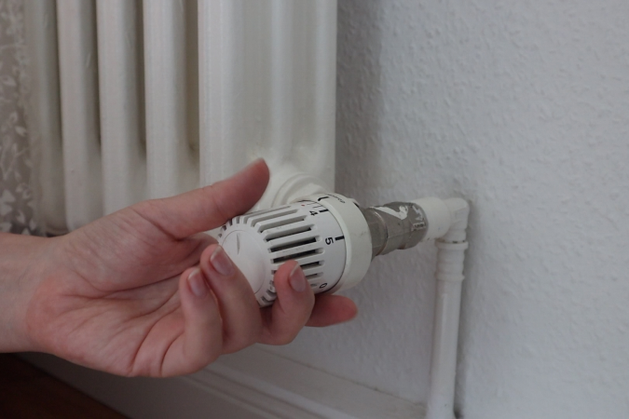The year opened with European gas prices advancing just as households here and across the Continent brace for freezing winter temperatures without a key source of supply.
Russian gas deliveries across Ukraine halted on New Year’s Day after a transit contract between the two warring nations expired, with no alternative in place.
Gas is used to generate around half of Ireland’s electricity output, prompting fears that higher costs for the fuel will push up electricity and domestic gas prices.
Households have been struggling with the high cost of energy for three years.
Electricity prices here are the second-most expensive in Europe.
Despite recent moderate falls, electricity prices are still around 70pc to 80pc above where they were only three years ago, while gas prices are still close to double previous levels.
Daragh Cassidy of Bonkers.ie
This means households are still paying around €900 a year more for their energy than they were before the gas crisis erupted when Russia invaded Ukraine in February 2022.
Daragh Cassidy of price-comparison site Bonkers.ie said Irish consumers may escape the worst of the price spike in wholesale prices, but consumer prices are unlikely to fall in the medium term.
He said the end of the transit deal between Ukraine and Russia had long been forecast and was largely priced into markets.
“But coupled with the first widespread cold snap of the winter for Europe, and a faster-than-expected drop in the EU’s gas reserves, it’s helped push up wholesale gas prices to their highest level in a year.
Gas prices, which are still around double pre-energy crisis levels for consumers, won’t be falling any time soon, unfortunately
“Though prices are still only a fraction of what they were at the height of the energy crisis just over two years ago,” Mr Cassidy said.
He added that, initially, the countries most heavily impacted by the end of the deal will be Austria, Slovakia, Moldova and Hungary, which had still been importing considerable volumes of Russian piped gas via Ukraine.
These countries will now have to get their gas from other sources, meaning there could be wider impacts on the rest of the EU, including Ireland.
Mr Cassidy said that because of hedging, there should be no immediate impact on energy prices for consumers in Ireland in the medium term.
Hedging is where energy providers buy gas at different price points to be delivered later.
“But gas prices, which are still around double pre-energy crisis levels for consumers, won’t be falling any time soon, unfortunately,” Mr Cassidy said.
An end to the 9pc rate of Vat on energy bills, which is due in April, as well as another hike in the carbon tax in May, mean consumers will be paying more for energy over the coming months regardless of what happens to wholesale prices.
Many will be turning their heating up as temperatures drop. Photo: Getty
European gas figures, where the fuel is bought now at an agreed price but delivered later, rose as much as 4.3pc to €51 per megawatt hour, the highest since October 2023, Bloomberg reported.
Traders are watching to see whether the loss of Russian flows – an important source of supply for several central European nations – will trigger faster withdrawals from storage.
Inventories across the Continent are already falling at the fastest pace since 2021, when the gas crisis was just starting to brew.
The halt coincides with forecasts of sub-zero temperatures in Ireland and other countries, which will drive up heating demand.
Source link : http://www.bing.com/news/apiclick.aspx?ref=FexRss&aid=&tid=6777528dd7c34f7cbfc49b42497eed0c&url=https%3A%2F%2Fwww.independent.ie%2Fbusiness%2Fpersonal-finance%2Ffears-of-major-surge-in-energy-prices-after-jump-in-european-wholesale-gas-costs%2Fa796608124.html&c=14801315238379524134&mkt=de-de
Author :
Publish date : 2025-01-02 17:30:00
Copyright for syndicated content belongs to the linked Source.
